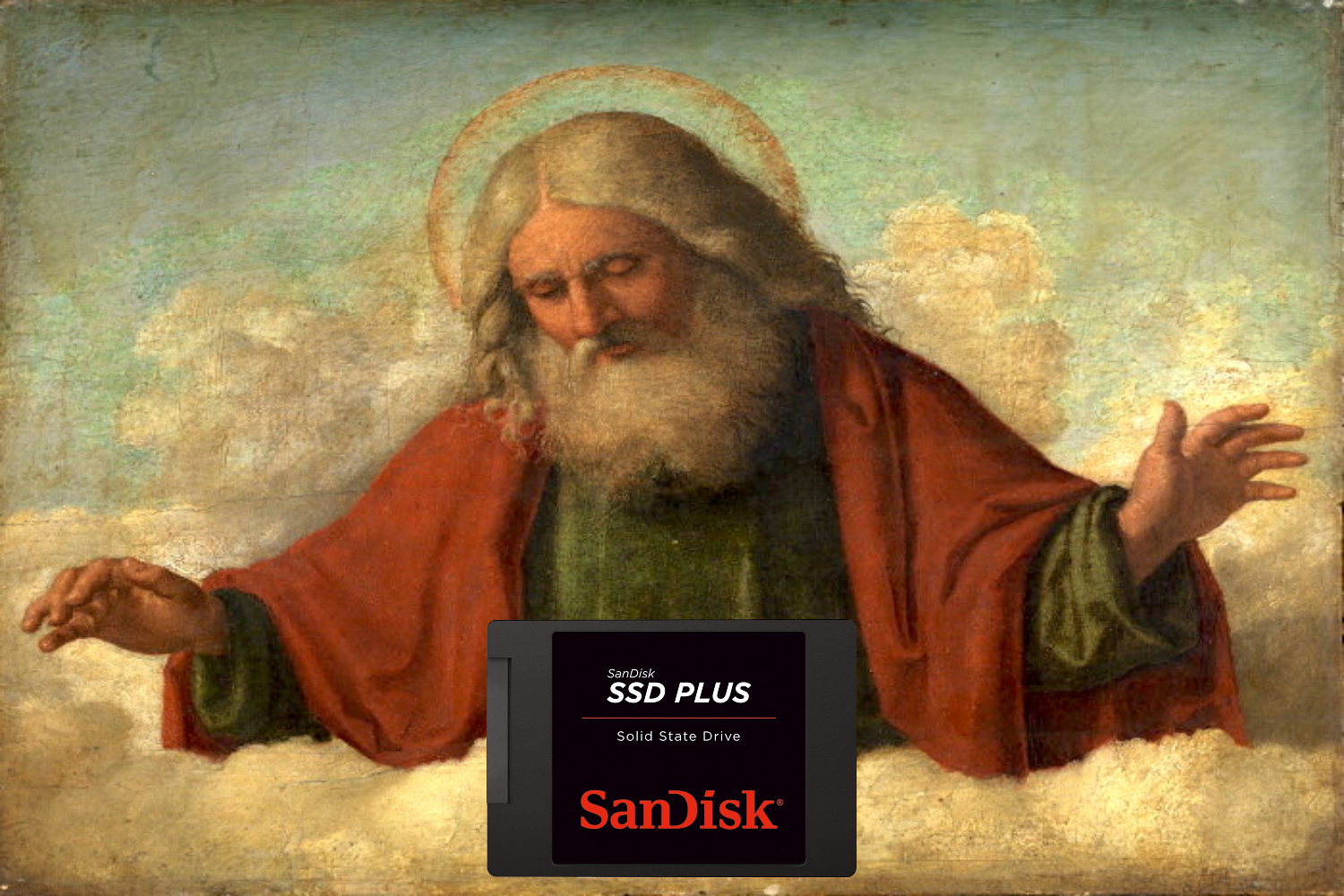When Solid State Drives (SSD) first popped up on the scene of consumers, they were viewed as overpriced, and not bringing that much benefits or speed to the table. After all, SSDs were marketed as only being “2x-3x” faster than a Hard Disk Drive (HDD), those thingies with spinning platters. But they were marketed horribly wrong, because their speed boost over a HDD was magnitudes higher.
The speeds that were marketed are sequential read and write speeds, in which a simple and large file is written or read. The average HDD will get around 150 megabytes a second on that benchmark, while SSDs at the time, which used the same SATA port HDDs used, would see around 500 MB/S. However, this benchmark is worthless, because sequential read or writes on a spinning platter means that the disk or arm moves in a perfect line. Programs, games, and operating systems, as with pretty much every file, aren’t in a perfect line, but are randomly scattered across the platter.


So, the benchmark that really does matter is random 4K read and write speeds. Random 4K refers to small blocks, 4 kilobytes in size, that are distributed randomly on a disk. HDDs suck horribly when it comes to this, because the arms have to work really hard to locate these blocks. SSDs on the other hand, don’t suffer this problem since they’re just chips. As a result, their random 4K speeds are way higher; over 100x faster than a HDD. Programs will open almost instantly, and operating systems will boot in but several seconds.


Virtually every SSD with the same build quality will have similar random 4K speeds, be it a pricey Samsung PCIe/NVMe SSD, which utilize a much faster port than SATA, or a trusty SATA SSD. As a result, even the cheapest SSDs (as long as they’re from a reliable brand) will be way better than any HDD. This speed boost will benefit any computer, even if it’s from a decade ago. It’s never too late to upgrade!

